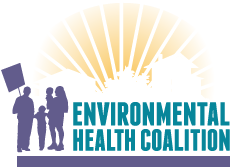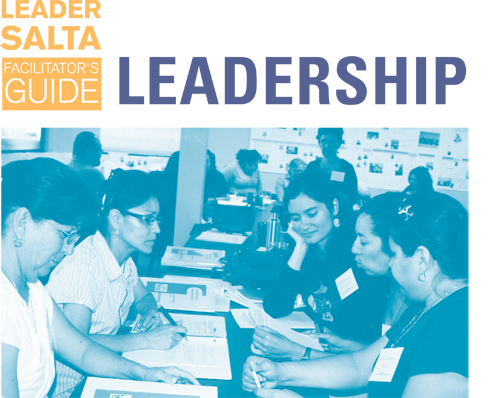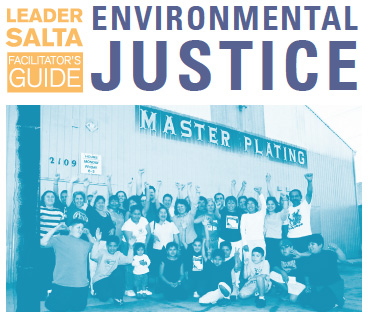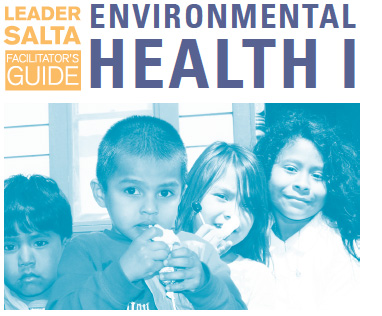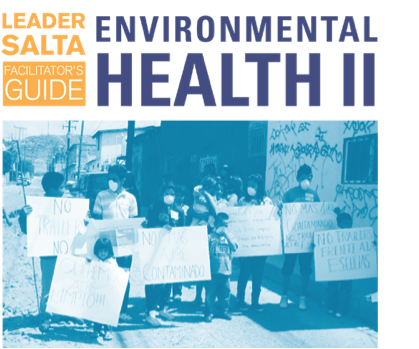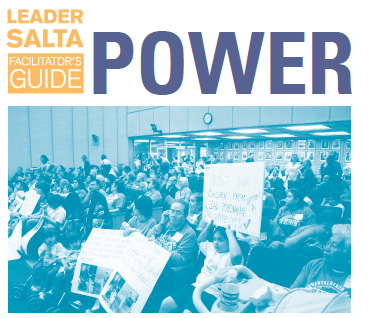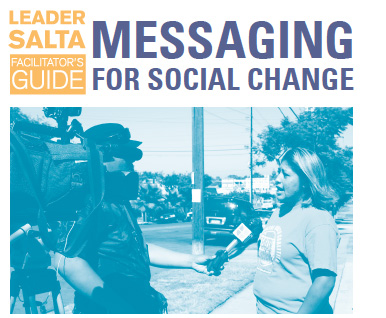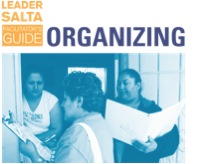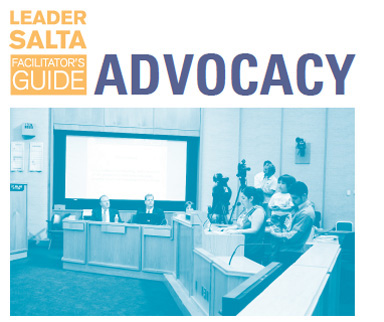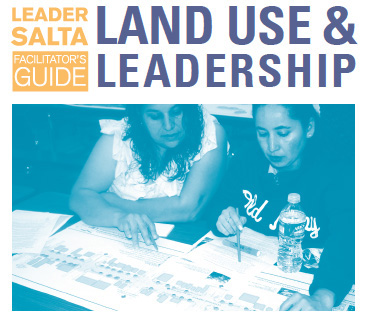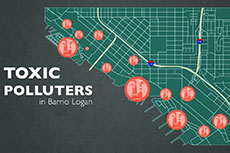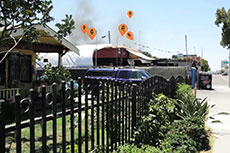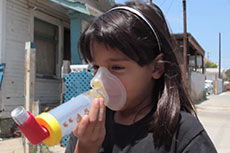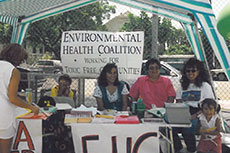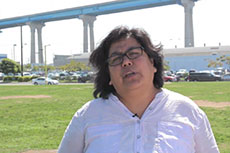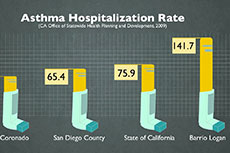Welcome to Environmental Health Coalition's SALTA Community Leadership Training Program. This page has everything you need to learn about SALTA, create a registration account to download the curriculum and log in to return for more downloads and to provide feedback.
What is SALTA?
What is the SALTA approach?
What are the SALTA sessions?
How can my organization use SALTA?
WHAT IS SALTA?
SALTA (Salud Ambiental Lideres Tomando Accion – Environmental Health, Leaders Taking Action) is a web-based, interactive leadership development curriculum that provides community leaders with skill-building training in community organizing, policy advocacy, building power, community health, environmental justice and effective communication.
SALTA is a key component to ensuring that EHC achieves our core mission. More than education, SALTA is integrated with EHC's organizing and advocacy efforts to achieve environmental and social justice.
WHAT IS THE SALTA APPROACH?
SALTA programs represent the organic educational efforts of the different campaigns, teams, leaders, and staff that make up EHC and were designed specifically for our leaders based on our local efforts. We began SALTA trainings in 1996, and now more than 2,000 individuals have been trained.
Developed and field tested by EHC staff and leaders during the past 15 years, SALTA uses a popular education approach that makes the training inclusive and accessible to all participants. Trainings are based on the knowledge, skills and real-world experiences of EHC staff, leaders and training participants.
Popular education, which has varying interpretations, is best defined by the practice where participants share their own understanding and feelings about a specific topic or issue and that understanding and feelings are considered valid. The idea of popular education (often described as "education for critical consciousness") as a teaching methodology came from a Brazilian educator and writer named Paulo Freire, who was writing in the context of literacy education for poor and politically disempowered people in his country. It's different from formal education (in schools, for example) and informal education (learning by living) in that it is a process which aims to empower people who feel marginalized socially and politically to take control of their own learning and to effect social change.
The SALTA sessions improve participants' sense of belonging to a community as participants and stakeholders of their societies. They begin to see themselves as empowered members who can make change.
What are the SALTA sessions?
Click the sessions below to learn more.
HOW CAN MY ORGANIZATION USE SALTA?
The main objectives of SALTA are:
- To develop unity, commitment and shared consciousness on core principles
- To enhance leader's skills and effectiveness
- To develop an understanding of all efforts
If these objectives are consistent with your organization's mission and theory of change, SALTA can provide a forum for learning and growing. SALTA training works best when integrated with active campaigns and opportunities to use the skills in the real world.
Each session builds on the prior one. You may use individual activities or sessions as stand alone workshops but be aware that there may be topics covered in prior sessions that are integral to full understanding.
You will find it necessary in some cases to change or adapt some of the information or activities to suit your purposes, communities and local efforts. EHC encourages adaptation for individual needs of non-profits, environmental and social justice organizations, unions and public schools however any for-profit enterprise must first get permission directly from EHC.
